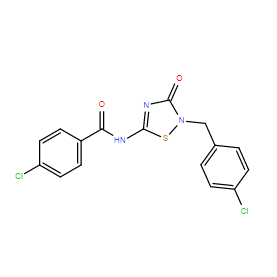| References: |
O304 increases the levels of p-T172 AMPK in a dose-dependent manner in cells from a variety of species. Moreover, under these conditions, and unlike Metformin, O304 increases cellular ATP.The rate of dephosphorylation of p-T172 AMPKα by the protein phosphatases PP2C and PP1 is a key regulatory step of AMPK activation. Using purified human recombinant enzymes, O304 suppresses the dephosphorylation of p-T172 AMPK trimer by both PP2C and PP1, without inhibiting their activities. O304 also suppresses the dephosphorylation of partially purified rat liver AMPK by PP2C. Like ADP, but unlike AMP, O304 does not allosterically activate AMPK heterotrimers in vitro.O304 significantly enhances endurance in sedentary obese diabetic and aged normal mice defined as an increase in running distance to exhaustion. O304 also promotes blood glucose disposal in diabetic mice. Moreover, in obese rats O304 stimulates the generation of active brown fat cells which dispose of calories as heat recorded as a significantly increased body surface temperature at the back, without an increase in core body temperature. Thus, O304 acts as a 3-in-1 drug that would be expected to have synergistic beneficial effects in large populations of individuals affected by muscle weakness (sarcopenia), obesity or the metabolic syndrome either alone or in combination. O304 has been selected as clinical candidate and will be subjected to IND-enabling GLP-tox studies. |























